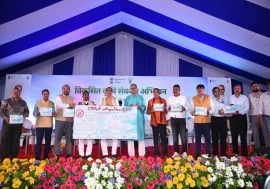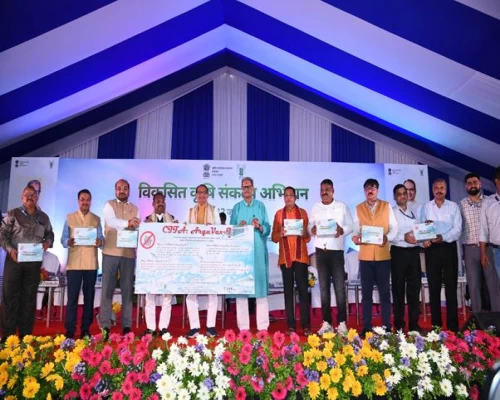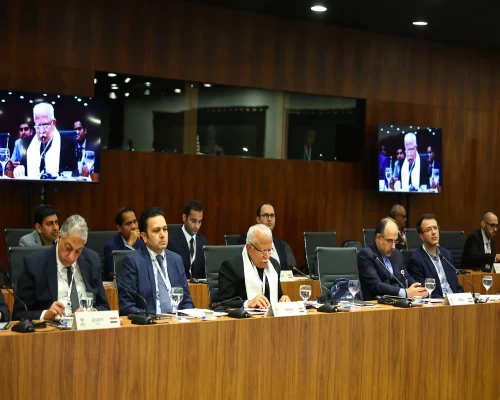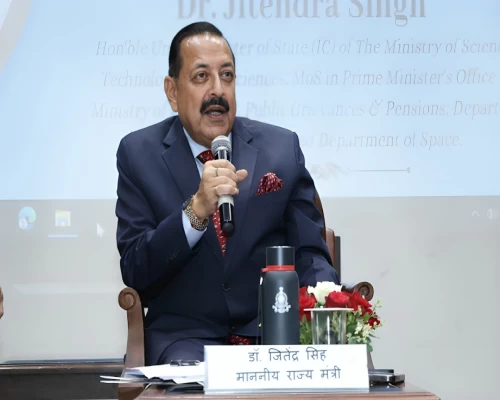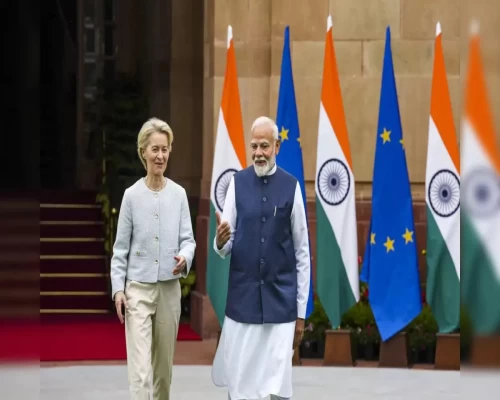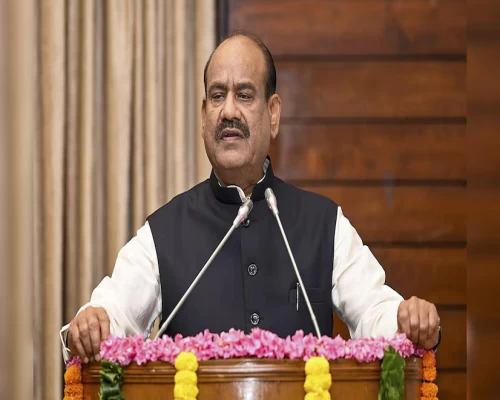
New Delhi: Global recognition of Ayurveda, Siddha, and Unani has received a major boost with the World Health Organization announcing the 2025 update to the International Classification of Diseases (ICD-11). This update introduces a dedicated module for traditional medicine conditions, enabling systematic global tracking of healthcare practices related to Ayurveda, Siddha, and Unani.
This development follows extensive testing and discussions over the past year since the launch of ICD-11 TM-2 on 10 January 2024 in New Delhi. The process included implementation testing in various countries and culminated in deliberations at a WHO meeting held at the National Institute of Health in Malaysia in November 2024. The ICD-11 TM-2 module is now officially available on the WHO ICD-11 Blue Browser.
The inclusion of traditional medicine within WHO’s global health classification system ensures that Ayurveda, Siddha, and Unani are officially documented alongside conventional medical conditions. This recognition enhances their role in health reporting, research, and policymaking at an international level.
Vaidya Rajesh Kotecha, Secretary, Ministry of Ayush, described the update as a major step towards the global integration of traditional medicine. He stated that by allowing dual coding and improving data collection, the update will support evidence-based policymaking, enhance patient care, and promote the inclusion of traditional medicine in national healthcare strategies. The initiative aims to create a more holistic and inclusive healthcare system worldwide.
Dr Robert Jakob, Team Leader, Classifications and Terminologies Unit at WHO, highlighted the benefits of the ICD-11 update, noting that the latest changes offer improved usability, interoperability, and accuracy, which will enhance national health systems and the quality of care provided.
Traditional medicine has long played a crucial role in healthcare, particularly in Asia, Africa, and other regions where it complements modern medical practices. The introduction of a dedicated traditional medicine module in ICD-11 marks a significant step in recognising the importance of Ayurveda, Siddha, and Unani in the modern healthcare landscape. This aligns with WHO’s mission to promote universal health coverage and sustainable development goals by acknowledging the therapeutic potential of these systems.
With the new module, healthcare providers can use dual coding for both traditional and conventional medicine diagnoses, leading to better data collection on the use and effectiveness of traditional medicine. By formally classifying these systems, WHO has established a structured approach for researchers, policymakers, and healthcare providers to assess the role of traditional medicine in global health systems.
The inclusion of traditional medicine within ICD-11 offers several advantages. Standardised terminology and definitions will enhance data collection, ensuring comprehensive tracking of traditional medicine use. This will support evidence-based policymaking by facilitating its integration into national healthcare strategies. It will also improve patient care by enabling healthcare providers to incorporate traditional medicine practices into treatment plans, promoting a more holistic approach.
This update will also strengthen global comparability, providing a framework for researchers to analyse traditional medicine alongside modern treatments. By systematically documenting these practices, WHO is enhancing the visibility and credibility of Ayurveda, Siddha, and Unani on the world stage.
Ayurveda, Siddha, and Unani have served as primary healthcare systems for millions of people in India and beyond for centuries. Their formal recognition in ICD-11 presents an opportunity to highlight their role in holistic healthcare.
This inclusion enhances global recognition and affirms the relevance of these practices to universal health coverage and broader health equity efforts. It represents a shift towards greater inclusivity, positioning traditional medicine alongside modern healthcare in international discussions.
The new traditional medicine module in ICD-11 is designed to capture morbidity data rather than mortality, helping governments and healthcare institutions assess the frequency, quality, and cost-effectiveness of traditional medicine interventions. This evidence-based approach will enable policymakers to make informed decisions about integrating traditional medicine into national health frameworks.
As more people turn to traditional medicine alongside modern treatments, WHO’s initiative reflects its commitment to ensuring that all forms of healthcare are recognised in public health strategies. By incorporating traditional medicine into ICD-11, WHO is fostering a more inclusive and evidence-driven healthcare system that accommodates diverse medical traditions.
The inclusion of Ayurveda, Siddha, and Unani in ICD-11 represents a turning point in the global acceptance of traditional medicine. With growing emphasis on research, policy development, and evidence-based healthcare, this update is set to shape the future of traditional medicine, ensuring its continued relevance in modern health systems worldwide.
BI Bureau


